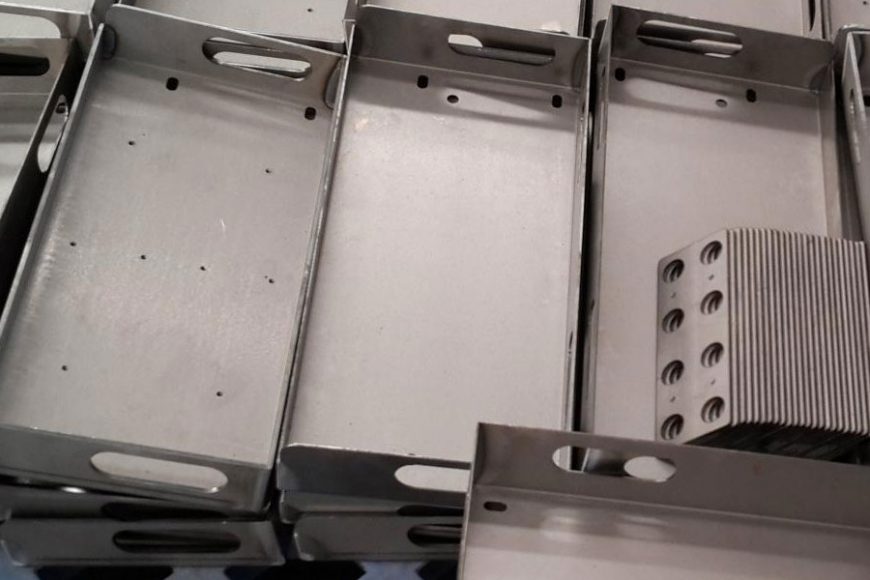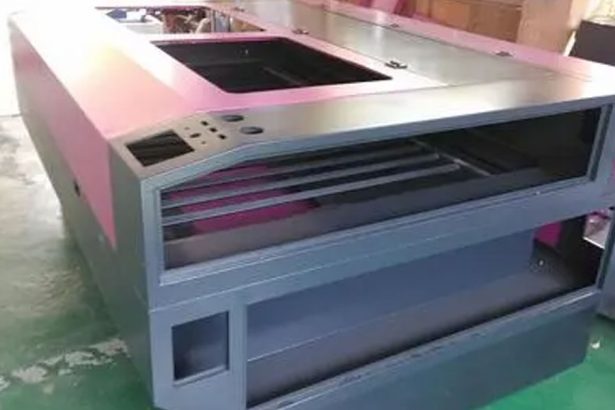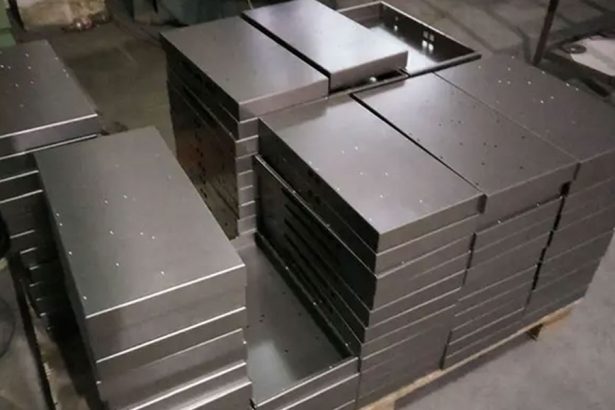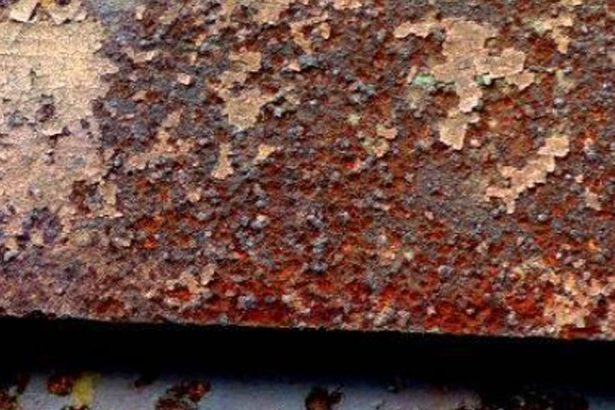Stainless steel is a ubiquitous material in our daily lives, with applications ranging from kitchen utensils to architectural structures and even surgical instruments. Within the world of stainless steel, two grades often stand out: 304 and 316. Both possess impressive corrosion resistance, making them ideal choices for a variety of applications. In this article, we will delve into the nuances of these two stainless steel alloys, comparing and contrasting 304 and 316 to help you make informed decisions about which is the better choice for your specific needs.
Chemical Composition
One of the primary distinctions between 304 and 316 stainless steel lies in their chemical compositions:
304 Stainless Steel:
- Chromium (Cr): 18-20%
- Nickel (Ni): 8-10.5%
- Iron (Fe): Balance
- Carbon (C): 0.08% max
316 Stainless Steel:
- Chromium (Cr): 16-18%
- Nickel (Ni): 10-14%
- Molybdenum (Mo): 2-3%
- Iron (Fe): Balance
- Carbon (C): 0.08% max
- Corrosion Resistance
Corrosion resistance is a vital consideration in choosing between 304 and 316 stainless steel. Both alloys offer excellent resistance to a variety of corrosive environments. However, the presence of molybdenum in 316 stainless steel enhances its resistance to chloride environments, such as those found in marine or coastal applications. This makes 316 stainless steel the superior choice for saltwater and brine exposure. 304 stainless steel is still suitable for many applications but may not be as durable in harsh saltwater conditions.
Strength and Durability
When it comes to strength and durability, 316 stainless steel tends to outperform 304. The added molybdenum content in 316 contributes to its higher tensile strength and superior resistance to pitting and crevice corrosion. If your project demands a material capable of withstanding more demanding environments or stress, 316 stainless steel is the preferred choice.
Price Considerations
The cost of materials is a crucial factor in many projects. Generally, 304 stainless steel is more affordable than 316. This cost difference is primarily due to the more extensive nickel and molybdenum content in 316. If your application allows for the use of 304 without compromising performance, you may opt for the more budget-friendly option. However, keep in mind the potential for higher maintenance costs in aggressive environments if you choose 304.
Applications
The choice between 304 and 316 stainless steel hinges on the specific requirements of your project. To help you decide, here are common applications for each alloy:
304 Stainless Steel:
- Kitchen appliances and utensils
- Architectural and decorative elements
- Indoor construction materials
- Automotive exhaust systems
- Sanitary equipment
316 Stainless Steel:
- Marine and coastal applications
- Chemical processing equipment
- Surgical instruments
- Pharmaceutical equipment
- Outdoor structural components
Conclusion
In the 304 vs. 316 stainless steel battle, the choice depends on your specific needs and budget. 304 stainless steel is versatile, cost-effective, and suitable for numerous applications, while 316 stainless steel offers superior corrosion resistance and durability, making it ideal for harsh environments. By understanding the differences between these alloys, you can make an informed decision to ensure the success and longevity of your project. Whether you’re designing a beautiful kitchen or engineering a structure to withstand the rigors of the sea, knowing when to choose 304 or 316 stainless steel is the key to your material’s success.
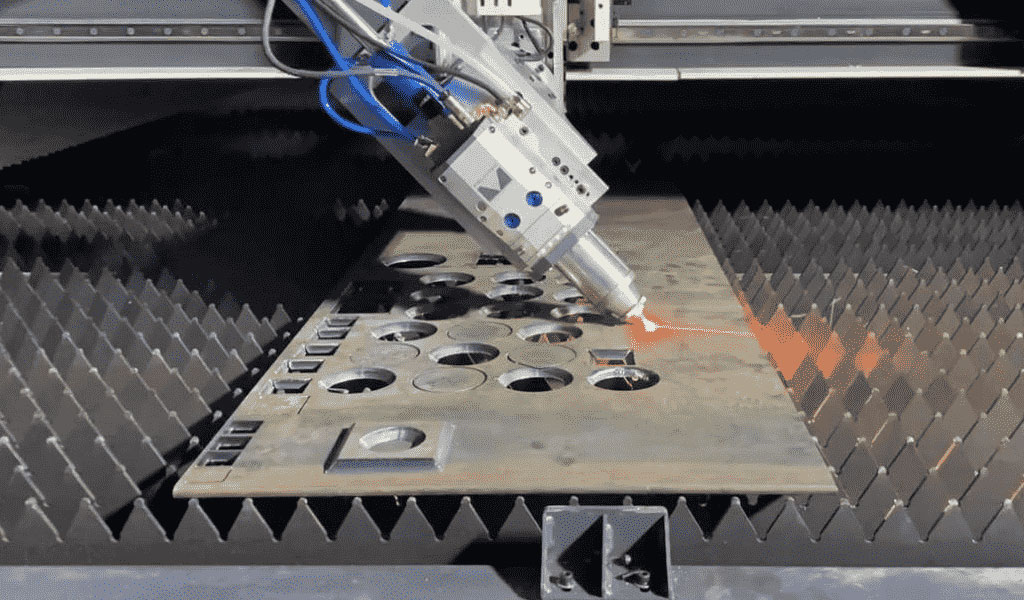
China Sheet Metal Fabrication Manufacturer
Custom precision metal fabrication services. Product specialties include UL® certified NEMA enclosures for various environmental conditions. Capabilities include punching, shearing, laser cutting, bending, machining, press brake forming, and welding. Materials worked with include mild steel, stainless steel, aluminum, brass, and more. Production volumes range from prototype to 10,000 pieces annually. Contract options include discrete orders, blanket orders, quarterly buys, and annual contracts. Value added services include inventory management, rapid prototyping, process development, design for manufacturability, inspection, supply chain management, transportation, and logistics. Industries served include aerospace, automotive, defense, electronic, electrical, entertainment, food and beverage, health, industrial automation, machinery, medical, oil, energy, power, sporting goods, telecommunications, transportation, and more.
using high quality materials
for your sheet metal parts orders
We uses a wide range of material selections for our sheet metal fabrication process. Among our materials are aluminum, stainless steel, brass, magnesium, copper, carbon steel, bronze, galvanized steel, and more. Each material is available in different grades and varieties. Rest assured that all the materials used for your sheet metal parts are durable, corrosion-resistant, long-lasting, rust-proof, wear-resistant, and high-performance. If you want a specific material to be used in the sheet metal fabrication process, don’t hesitate to contact us!
- Carbon Steel
- Stainless Steel
- Aluminum
- Brass
- Copper
- Magnesium
- Bronze
- Galvanized Steel
Why BE-CU is Trusted by 1000+ Clients
Our sheet metal fabrication covers a lot of benefits to many industries, businesses, or projects. Below are the advantages of our services.
- Affordable and Fast Production:We can quickly produce different sheet metal prototypes and final products. KDM offers speedy production while assuring high precision. Our high-volume production also allows us to have cost-effect sheet metal fabrication services.
- Excellent Strength to Weight Ratio:Through our advanced sheet metal fabrication, we can produce sheet metal parts that are lightweight yet durable. We assure high strength, scratch resistance, and corrosion resistance to all produced sheet metal products.
- Wide Range of Materials and Techniques Used:We are experts in different sheet metal fabrication techniques that allow us to produce complex parts with additional intricate features such as notches, slots, holes, etc. Our wide range of sheet metal materials can also withstand electrical, high heat, corrosion, and more.
Online Contact China Precision Sheet Metal Manufacturers
As a direct supplier of precision machined and finished complete components to all segments of the aerospace, semiconductor, automotive, and medical industries, including innovative high tech startups, BE-CU Sheet metal manufacturer is your trusted source for precision sheet metal fabrication services.
To learn more about our aluminum,stainless steel and other steel alloy sheet metal fabrication services, contact us, or give us a call at +86 153 8731 8440, and one of our expert associates will assist you. BE-CU is your trusted source for premium sheet metal fabrication services and metal spinning china manufacturer.

